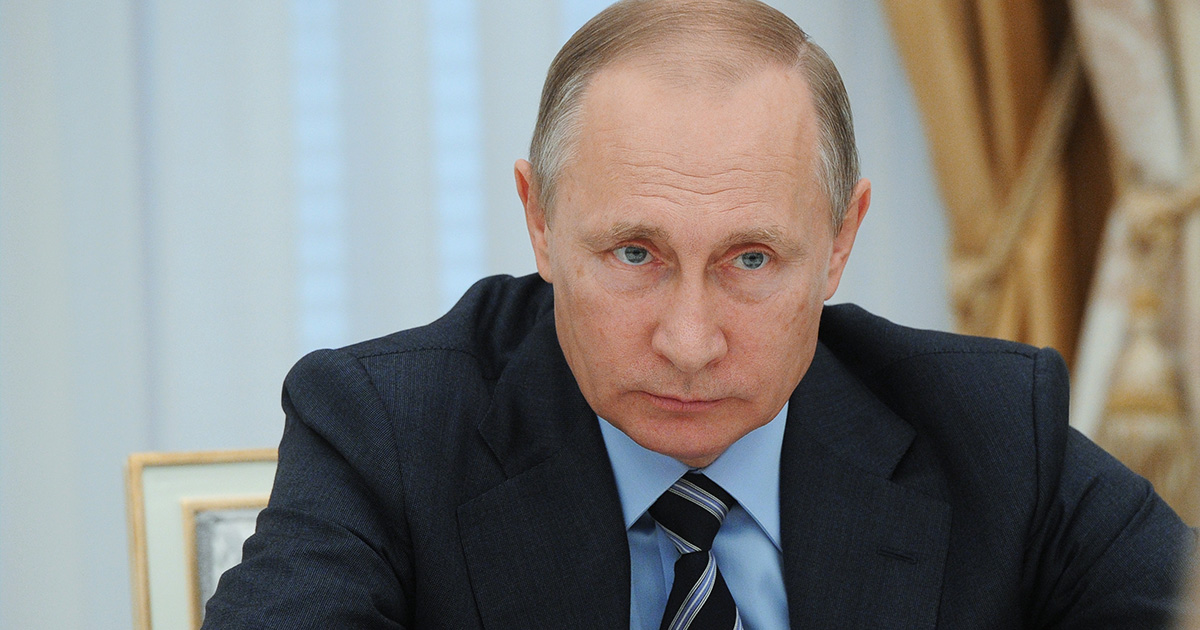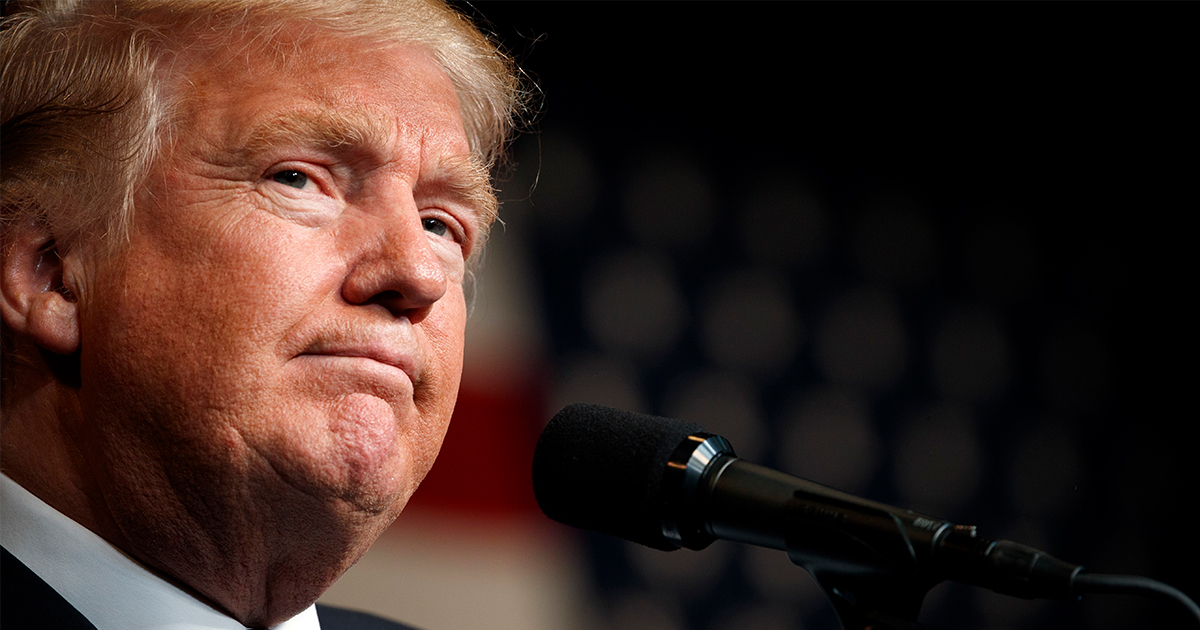Could Donald Trump "Rip up" the Iran Deal?

By:
Since the election, there has been a good deal of debate over President-elect Donald Trump's campaign pledge to scrap and renegotiate the "disastrous" Iran nuclear deal negotiated by President Barack Obama — and whether he means it.
.jpg?auto=format&crop=faces&fit=crop&q=60&w=736&ixlib=js-1.1.0) AP/Richard Shiro - apimages.com
AP/Richard Shiro - apimages.com
The agreement went into effect in January 2016 and placed limits on Iran's nuclear activities in exchange for lowering international economic sanctions.
The stated goal was to prevent Iran's nuclear energy program from becoming a weapons program. It was signed in July 2015 by Russia, China, Britain, France and Germany, in addition to Iran and the United States.
A chorus of national security experts published a report (PDF) on Nov. 14 urging Trump to reconsider his position, and various foreign leaders have weighed in on the consequences of Trump pulling the U.S. out of the agreement.
Could Trump "rip up" the deal?
Trump could easily withdraw the United States from the agreement when he takes office, as the Hill explains.
"It was an executive agreement," former U.S. Ambassador Derek Shearer told ATTN:. "He could just say 'we’re pulling out. We're going to revive economic sanctions, we're not going to give any more of the money that we said we'd give you."
.jpg?auto=format&crop=faces&fit=crop&q=60&w=736&ixlib=js-1.1.0) AP/Manuel Balce Ceneta - apimages.com
AP/Manuel Balce Ceneta - apimages.com
Shearer served as an economics official in the Commerce Department under President Bill Clinton and then as ambassador to Finland. He was a foreign policy advisor to Vice President Gore during the 2000 presidential race and then-Senator Hillary Clinton in the 2008 primary campaigns. Pulling out of the deal could come at a large diplomatic cost, he explained.
"The president is not the dictator of the world," Shearer said. "The world bites back."
“If he pulls out, then he's broken with Russia and China, whom he wants to do business with, with Merkel in Germany, with whoever will be running France," he said. "They're not going to go along.”
"Because there are other major partners in this agreement, most of whom I think would not go along with a Trump administration to break up the agreement, that makes it harder for him," Shearer said.
 AP/Mikhail Klimentyev - apimages.com
AP/Mikhail Klimentyev - apimages.com
The United Nations Security Council endorsed the agreement in a July 2015 resolution, he pointed out.
What's the alternative?
Trump and other Republicans who have criticized the deal argue it will help Iran "just use their economic strength to cause trouble in the region," Shearer explained. "And so it was a bad deal, was the argument. But the opponents who said it was a bad deal didn't suggest what the alternative was other than Israel keeps talking about bombing them."
Prior to the accord's signing, Israeli leaders said they would take military action against Iran if they suspected their regional rival was developing a nuclear program that could threaten them.
"So if you're going to not have this agreement that peacefully tries to resolve the nuclear issue with Iran, what is your alternative?" he asked.
"Do you green light an Israeli attack, which would lead to an even wider war in response throughout the Middle East?" Shearer asked. "Do you attack yourself — go to war with Iran when they haven't attacked us?"
The Obama administration, meanwhile, is working to block the passage of additional sanctions against Iran before Trump takes office, CNN reported Tuesday, part of a final push to salvage the deal.
 AP/Evan Vucci - apimages.com
AP/Evan Vucci - apimages.com
Trump has also said he would renegotiate the agreement.
"That would be difficult," Shearer said. Trump could "get into a back-and-forth" with Iran relatively easily over aspects of the agreement, he explained.
"But where does that lead? The whole reason we went into these negotiations was because the other choices which were mainly military and war were worse," Shearer said.
"The last thing President Obama wanted to do was have a war or let Iran proceed towards a weapon, and then Saudi Arabia would want one. And Israel already has nuclear weapons. So the last thing you want is a nuclear arms race in the Middle East, especially where religious tensions affect decisions."
Iran has already benefited from the agreement. From the New York Times:
"Even if the agreement is eventually ripped up, Iran might still stand to gain. It has already received tens of billions of dollars in frozen funds, is selling oil on the world market and is cutting deals with European businesses. If Washington were to reimpose sanctions on Iran, moreover, it is doubtful that the other world powers that are signatories to the deal would go along."
The deal has been successful in preventing Iran from developing a nuclear weapon, Shearer asserted.
"That's been a success," he said. "You can argue, well did we pay too large an economic price because at the end of the day the Ayatollahs and the revolutionary guard are still in control of Iran? Well, that's true. And they're not immediately going to become our best friends."
"But again, what's the choice when we deal with Russia and China?" he asked. "We don't approve of their governments and they're often not our friends, but we deal with them because going to war is a worse option for everyone."
Disclosure: Ambassador Derek Shearer is the second-cousin of the author of this story.
